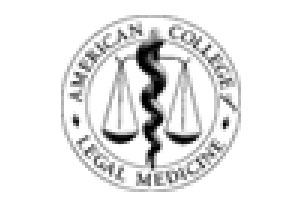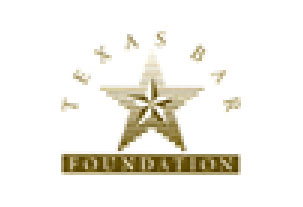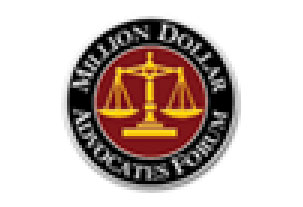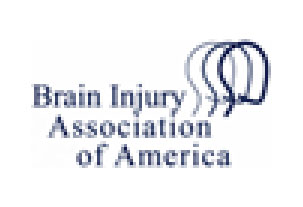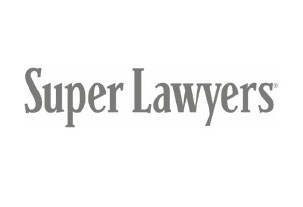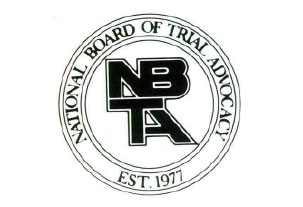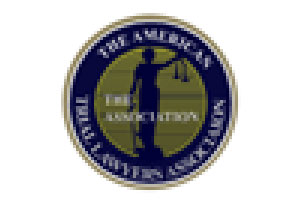Cerebral palsy is a group of neurological disorders that permanently affect balance, coordination, movement and/or posture. This particular birth defect results from damage to the cerebrum, the part of the brain that controls cognitive thought, motor skills and sensory faculties. In most cases, the cerebral damage is caused by fetal oxygen deprivation right before or during delivery. Childbirth complications such as umbilical cord entanglement and uterine rupture can lead to fetal oxygen deprivation. When avoidable birth trauma results in cerebral palsy, parents may be entitled to financial compensation that will help offset their child’s lifetime cost of care. An experienced cerebral palsy attorney helps parents understand and protect their rights under medical malpractice law.
Early Indications of Cerebral Palsy
In some cases, symptoms of cerebral palsy can be seen almost immediately after birth. Early warning signs include:
- Seizures
- Trouble sucking or swallowing
- Crying that is weak or shrill
- Body positions that seem irregular
Not all children display symptoms early on, however. Early warning signs are usually noticeable only in severe cases of cerebral palsy. Oftentimes, symptoms become noticeable once the child begins to grow and mature.
Cerebral Palsy Symptoms That Become Evident Over Time
In some cases of cerebral palsy, parents don’t notice anything is wrong until the child is one to three years old, as that is when developmental delays and irregular movements start to really stand out. If you notice any of the following signs and symptoms of cerebral palsy, notify your child’s doctor immediately:
- Retention of primitive reflexes beyond three to six months
- Delays in achieving developmental milestones such as sitting up, grasping objects or rolling over
- Favoring one side of the body over the other, which may manifest itself as dragging one leg when crawling or always reaching with the same hand
- Developing “handedness” too early
- Skeletal deformities
- Having smaller-than-normal muscles or abnormal muscle tone
- Severe muscle stiffness
- Moving abruptly or spastically
- Moving in a slow, writhing manner
- Involuntary movements
- Abnormal perceptions of touch and/or pain
- Difficulty sucking or eating
- Difficulty swallowing
- Excessive drooling
- Dental issues
- Speech problems
- Hearing loss
- Strabismus (when one eye turns in or out) and/or other vision problems
- Bladder and bowel control issues
- Mental retardation
In the event your child is diagnosed with cerebral palsy, contact a qualified cerebral palsy lawyer to determine whether you may have a case under medical malpractice law. If a medical error caused your child’s birth defect, then your family deserves justice.




